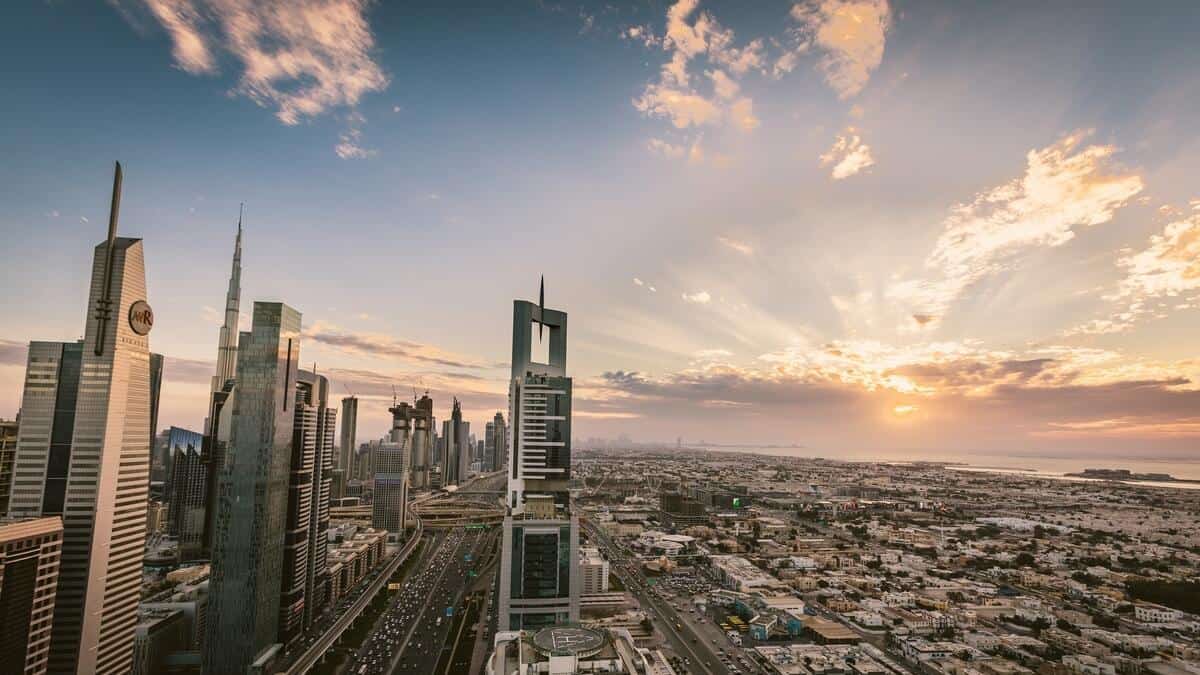Dubai, UAE—The International Monetary Fund (IMF) and the World Bank have forecast growth for the GCC economies in the months ahead, unlike the rest of the world where the impact of recession is making life difficult for governments as well as the public.
But, is the positive mood depicted by the international financial institutions reflected on the ground too in the Middle East? TRENDS carried out a poll, asking people whether they fear GCC economies can go into a recession too?
Some 43.3 percent of the respondents answered “No,” and 40.2 percent predicted that GCC economies would go into recession too. While only 16.5 percent were uncertain.
Overall, the poll received around 80K impressions at a time GCC residents are struggling with high prices in all sectors. Additionally, 85 percent of the respondents were male, while females were only 14.9 percent.
The answers came from Lebanon (27.2 percent), Saudi Arabia (25 percent), UAE (24 percent), Bahrain (16.4 percent), and Qatar (7.4 percent).
While the age range was 43.8 percent for respondents between 20 and 29, 41.4 percent for between 30 and 39 years old, 10.5 percent for between 40 and 49 years old, while only 4.4 percent of the respondents were above 50 years old.
The World Bank predicted that the six-member Gulf Cooperation Council’s economies would grow by 6.9 percent in 2022, a one percentage point higher than its previous estimate six months ago.
High oil prices would contribute to budget surpluses for most oil-exporting countries, even with extra spending on inflation mitigation programs.
On the contrary, research released by the International Monetary Fund (IMF) predicted that Saudi Arabia, the largest economy in the Arab world, would have the highest economic growth rate among the G-20 countries in 2022, at 7.6 percent.
The IMF research predicted that Kuwait would have the highest GDP growth rate at 8.7 percent in 2022 among GCC countries. At the same time, the UAE economy is expected to grow 5.1 percent, Oman 4.4 percent, and Qatar and Bahrain 3.4 percent.
The fund also stated that despite the GCC’s rapid economic expansion, they are nevertheless protected from the inflation seen by most other markets. For example, in the UAE, inflation will not surpass 3.6 percent; in Oman, it will be 1.9 percent; in Saudi Arabia, it will be 2.2 percent.
IMF also estimated the average oil price at US$ 98/ barrel i 2022, dropping to US$ 85.5/ barrel in 2023.
As a result of the increase in oil output and prices, GCC’s GDP is forecast to grow by 25.4 percent in 2022, from US$ 1.68 trillion in 2021 to nearly US$ 2.1 trillion.
Saudi Arabia’s economy is expected to grow by 24.8 percent, adding US$ 206.5 billion to the GCC’s GDP. This sum equals US$ 427 billion, or 48.3 percent of the forecast US$ 427 billion expansion of GCC’s economy in 2022.
Regarding the ranking of the GCC countries in terms of GDP at current prices during 2022, the UAE comes behind Saudi Arabia with a GDP of about US$ 501.4 billion, constituting 23.8 percent of the GCC’s economy.
When the global economy reaches US$ 103.8 trillion, the GCC economy will account for 2 percent of that total.







